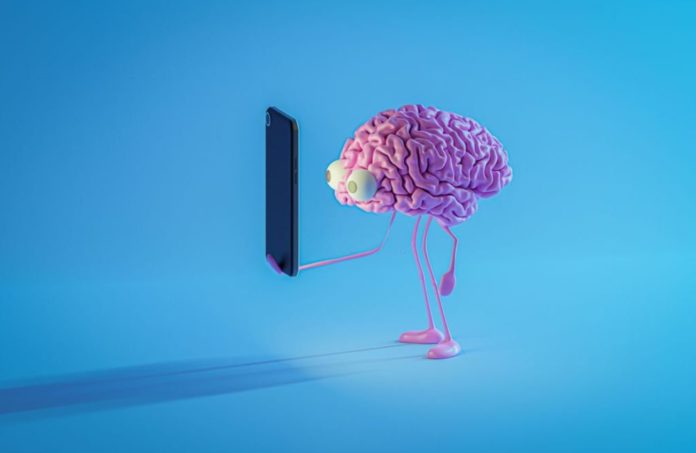You must be familiar with Frogger if you grew up in the 1980s or if you enjoy classic video games. The game might be pretty difficult.
To win, you must first endure a torrent of strong traffic, then zig-zag across speeding wooden logs to narrowly avoid oblivion.
In the midst of all this chaos, how does the brain decide what to focus on?
Research published in the scientific journal Nature Neuroscience today suggests one possible solution: data compression.
“Compressing the representations of the external world is akin to eliminating all irrelevant information and adopting temporary ‘tunnel vision’ of the situation,” says Christian Machens, one of the study’s senior authors.
“The idea that the brain maximises performance while minimising cost by using data compression is pervasive in studies of sensory processing. However, it hasn’t really been examined in cognitive functions,” adds Joe Paton, senior author of the study. “Using a combination of experimental and computational techniques, we demonstrated that this same principle extends across a much broader range of functions than previously appreciated.”
The researchers used a time paradigm in their trials. Mice had to decide whether two tones were separated by a longer or shorter period than 1.5 seconds in each trial. While the animal was doing the task, the researchers recorded the activity of dopamine neurons in its brain.
“It is well known that dopamine neurons play a key role in learning the value of actions,” explains Machens. “So if the animal wrongly estimated the duration of the interval on a given trial, then the activity of these neurons would produce a ‘prediction error’ that should help improve performance on future trials.”
The study’s primary author, Asma Motiwala, created a range of computational reinforcement learning models and examined which one was best at capturing both neuron activity and animal behavior. The models shared some basic ideas but portrayed task-relevant information differently.
The team found that the data could only be explained by models that showed tasks in a more compact way.
“The brain seems to eliminate all irrelevant information. Curiously, it also apparently gets rid of some relevant information, but not enough to take a real hit on how much reward the animal collects overall. It clearly knows how to succeed in this game,” adds Machens.
Surprisingly, the type of information conveyed was not limited to the task’s variables. Rather, it recorded the animal’s own behaviors.
Prior studies have concentrated on the characteristics of the environment rather than the behavior of the individual. However, the findings of the study revealed that only compressed representations based on the animal’s activities were able to completely interpret the data.
“Indeed, our study is the first to show that the way representations of the external world are learnt, especially taxing ones such as in this task, may interact in unusual ways with how animals choose to act,” says Motiwala.
This discovery, according to the scientists, has far-reaching ramifications for both Neuroscience and Artificial Intelligence.
“While the brain has clearly evolved to process information efficiently, AI algorithms often solve problems by brute force: using lots of data and lots of parameters. Our work provides a set of principles to guide future studies on how internal representations of the world may support intelligent behaviour in the context of biology and AI,” Paton concludes.
Image Credit: Getty
You were reading: Unusual Ways Brain Uses Brute Force To Make A Decision
